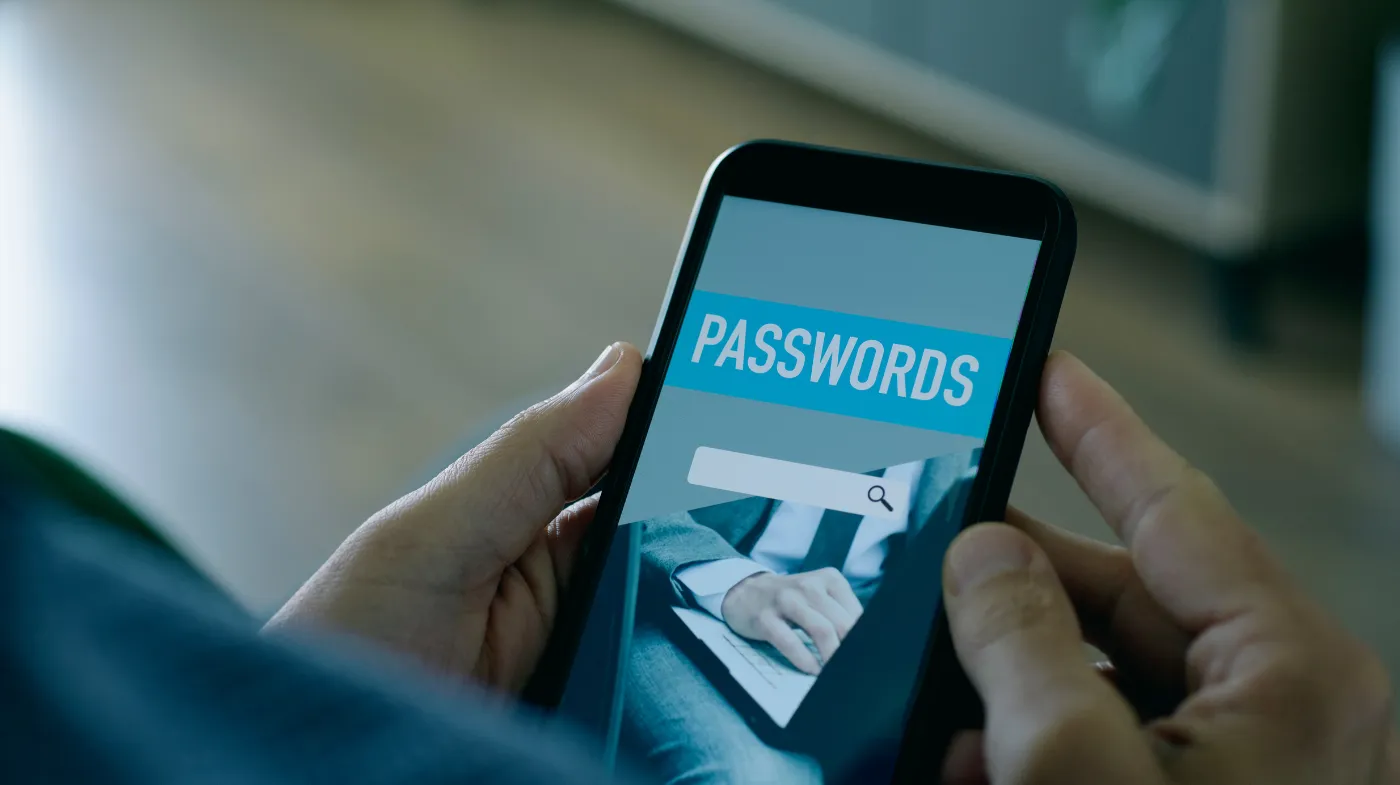
Creating strong passwords is one of the most important steps in securing your cloud storage accounts. Your sensitive data, whether personal or professional, is a prime target for cybercriminals. By setting up a robust password, you make it far more difficult for hackers to gain access to your files.
A strong password isn’t simply about choosing any random combination of characters. It should be long, complex, and unique. Aim for at least 12 characters to enhance security.
Avoid using common phrases or easily guessable information like birthdays. Instead, consider creating a passphrase that’s unique to you but hard for others to deduce. This adds an extra layer of protection, making it much more difficult for hackers to crack your password.
In this post, we will discuss the best practices for creating strong passwords and how you can manage them to enhance the security of your cloud storage accounts.
Best Practices When Creating Strong Passwords for Cloud Storage
When creating strong passwords for cloud storage, focus on a few key principles, such as:
Focus on Length: Aim for 12 to 16 Characters or More
A password with at least 12 characters greatly enhances your security against hacking attempts. Short passwords are vulnerable and can be easily guessed or cracked through brute-force attacks.
By aiming for 12 to 16 characters or more, you notably increase the complexity of your password, making it more challenging for hackers to crack. Longer passwords create a larger combination of possible characters, slowing down potential attacks. Always prioritize length when creating your password.
If you can, opt for even more than 16 characters, as this provides an additional layer of security for your cloud storage. Your data deserves robust protection.
Complexity: Combine Different Types of Characters
To strengthen your password further, incorporating a variety of character types is essential. Use uppercase letters (A-Z), lowercase letters (a-z), numbers (0-9), and special characters (e.g., !, @, #, $, %, ^, &).
By mixing these elements, you create a password that’s much harder to guess. Hackers depend on automated systems that can crack weak passwords quickly, so adding complexity is key.
Aim for a combination that doesn’t follow predictable patterns, such as “Password123!” Instead, consider using a phrase or a random assortment of characters. This not only increases security but also makes it more challenging for attackers to succeed.
Uniqueness: Use Different Passwords for Each Account
Using different passwords for each account is vital for maintaining security, especially in cloud storage. Reusing passwords can lead to catastrophic consequences; if one account gets compromised, attackers can access all your other accounts with the same password.
To mitigate this risk, create unique passwords for each account, particularly for critical services like cloud storage. This practice guarantees that a breach in one account won’t jeopardize others.
Avoid Personal Information and Common Words
When creating strong passwords for cloud storage, it’s crucial to steer clear of personal information and common words. Avoid using easily guessable details like your name, birthday, or address, as these can be exploited by hackers.
Additionally, steer clear of common phrases such as “password,” “123456,” or “qwerty.” These are often the first attempts made by automated password-cracking tools.
Instead, focus on creating an unpredictable password using a mix of letters, numbers, and symbols. Making your password complex and unique significantly lowers the risk of unauthorized access to your cloud storage.
Tips for Creating and Managing Strong Passwords

To enhance your cloud storage security, below are some essential tips for creating and managing strong passwords:
Use a Strong Password Generator
While crafting a strong password manually can feel intimidating, leveraging a strong password generator simplifies the process considerably.
These free online tools can create secure, random passwords tailored to your needs. By customizing the length and complexity, you guarantee your password meets security standards while being memorable.
Aim for a mix of uppercase letters, lowercase letters, numbers, and special characters. Using a free strong password generator online not only saves time but also enhances security by eliminating common patterns or easily guessable words.
Use a Reliable Password Manager
Managing a multitude of complex passwords can quickly become overwhelming, but a reliable password manager can help streamline the process.
These tools securely store your passwords, eliminating the need to remember each one. A good password manager not only auto-fills your credentials but also generates strong, random passwords tailored for individual accounts. This saves you time and guarantees you’re maintaining high-security standards.
Update Your Passwords Regularly
Regularly updating your passwords is essential for maintaining strong security, especially in cloud storage.
Periodic changes help prevent unauthorized access, as outdated passwords may be compromised over time. Many businesses establish guidelines on how often passwords should be changed, aiming to minimize exposure risks.
When you update, make sure that your new password is strong and unique; avoid reusing previous passwords or predictable patterns. Aim for a mix of letters, numbers, and symbols.
Additionally, consider scheduling reminders to prompt you for updates, making certain that your passwords remain robust and your data secure.
Don’t Share Your Passwords
One essential rule of cybersecurity is to never share your passwords. Your passwords should remain private to protect your sensitive information. Avoid insecure channels like email or text messages, as they can be easily intercepted.
How can I check if my password has been compromised in a data breach?
You can use reliable tools like the “Strong Password Checker” to scan for exposed passwords in known breaches.
This tool not only verifies your password’s strength but also alerts you to any vulnerabilities. If you find that your password has been compromised, update it immediately to protect your data.
Is it safe to write down my passwords?
While writing down passwords isn’t ideal, it’s safer to keep them written in a secure location (like a locked drawer) rather than leaving them unprotected online.
However, password managers are a much safer option for securely storing your credentials. Storing passwords on a sticky note or in a notebook can be a fairly secure method, especially if kept in a private, controlled space.
It’s highly unlikely that a cybercriminal would break into your home just to steal a notebook full of passwords. Naturally, the risk goes up if you take the notebook with you in public places.
Can a strong password prevent all security breaches?
While a strong password greatly reduces the risk of unauthorized access, it can’t prevent all security breaches.
Cyber threats evolve constantly, and even the strongest passwords can be compromised through methods like phishing or brute force attacks. To enhance your protection, always combine strong passwords with additional security measures, such as two-factor authentication (2FA).
This adds an extra layer of verification, making it harder for intruders to access your accounts. Ultimately, a robust password is essential, but it should be part of a broader security strategy to effectively safeguard your information.
Strengthen Your Cloud Storage with Smarter Passwords
Creating strong passwords is a simple yet powerful step to protect your cloud storage. By focusing on length, complexity, and uniqueness, you make it significantly harder for cybercriminals to gain access.
Avoid personal info, update regularly, and use tools like password managers and generators to simplify the process. Remember, a strong password alone is not enough.
Pair it with practices like two-factor authentication for even better protection. Take control of your security today and keep your sensitive data safe from unauthorized access. Your digital safety starts with the strength of your password.
